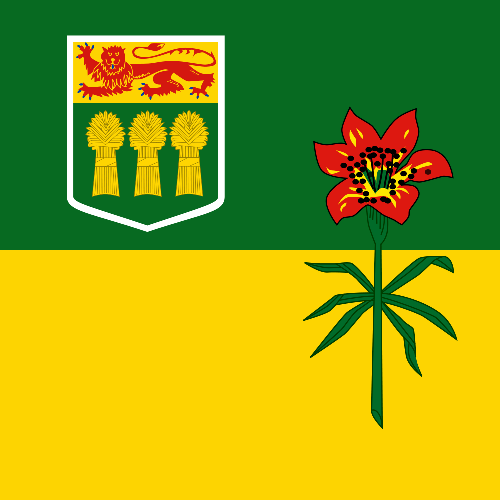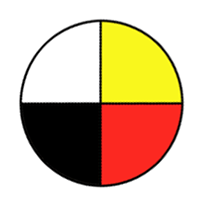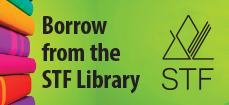Evaluate biogeochemical cycles (water, carbon, and nitrogen) as representations of energy flow and the cycling of matter through ecosystems.
CP, SI
| (a) |
Illustrate how energy is supplied to and flows through a food web using the concept of ecological pyramids (e.g., pyramid of energy, pyramid of numbers, and pyramid of biomass). |
| (b) |
Model the carbon, nitrogen, and water cycles to illustrate how matter cycles through ecosystems. |
| (c) |
Analyze the strengths and limitations of models in science generally, and then apply these criteria to evaluate the efficacy of a student model of a biogeochemical cycle. |
| (d) |
Explain the role of decomposers in recycling matter in an ecosystem. |
| (e) |
Describe examples of how scientists collect evidence, search for patterns and relationships in data, and propose explanations to further the development of scientific knowledge about energy and matter flow in ecosystems. |
| (f) |
Design and conduct an experiment to investigate the conditions essential for the growth of plants (e.g., determine whether nutrients in soil are sufficient to support plant growth, determine the influence of sunlight or other forms of light on plant growth). |
| (g) |
Consider observations and ideas from a variety of sources during investigations and before drawing conclusions related to biogeochemical cycles. |
| (h) |
Describe how energy passes through ecosystems during the processes of photosynthesis and cellular respiration. |
| (i) |
Identify and evaluate potential impacts on energy flow and the cycling of matter by the removal of one or more living organisms from a specific ecosystem. |
| (j) |
Provide examples of scientific knowledge that have resulted in the development of technologies designed to assist in managing aspects of ecosystems (e.g., understanding the effect of nitrogen, phosphorus, and potassium on plant growth led to the production of specific formulations of fertilizers, knowledge of how micro-organisms help break down matter led to the development of composting bins). |



- Classification Practice and Learning About Microorganisms
- Discovering the World of Biodiversity
- Identification Practice and Understanding Classification Systems
- Presentation of Findings: Understanding Human Impact
- Sampling the Life Forms in an Urban Wetland
- Understanding Adaptation to Specific Habitats



Each binder contains suggested teaching ideas, student activities and key terminology. Extra features of the DVD include indexes, labelled slides, glossary, animations, English subtitles and an iMovie project.

- Pearson Saskatchewan Science 7. Student Edition E-Book CD
- Pearson Saskatchewan Science 7. Teacher Resource










